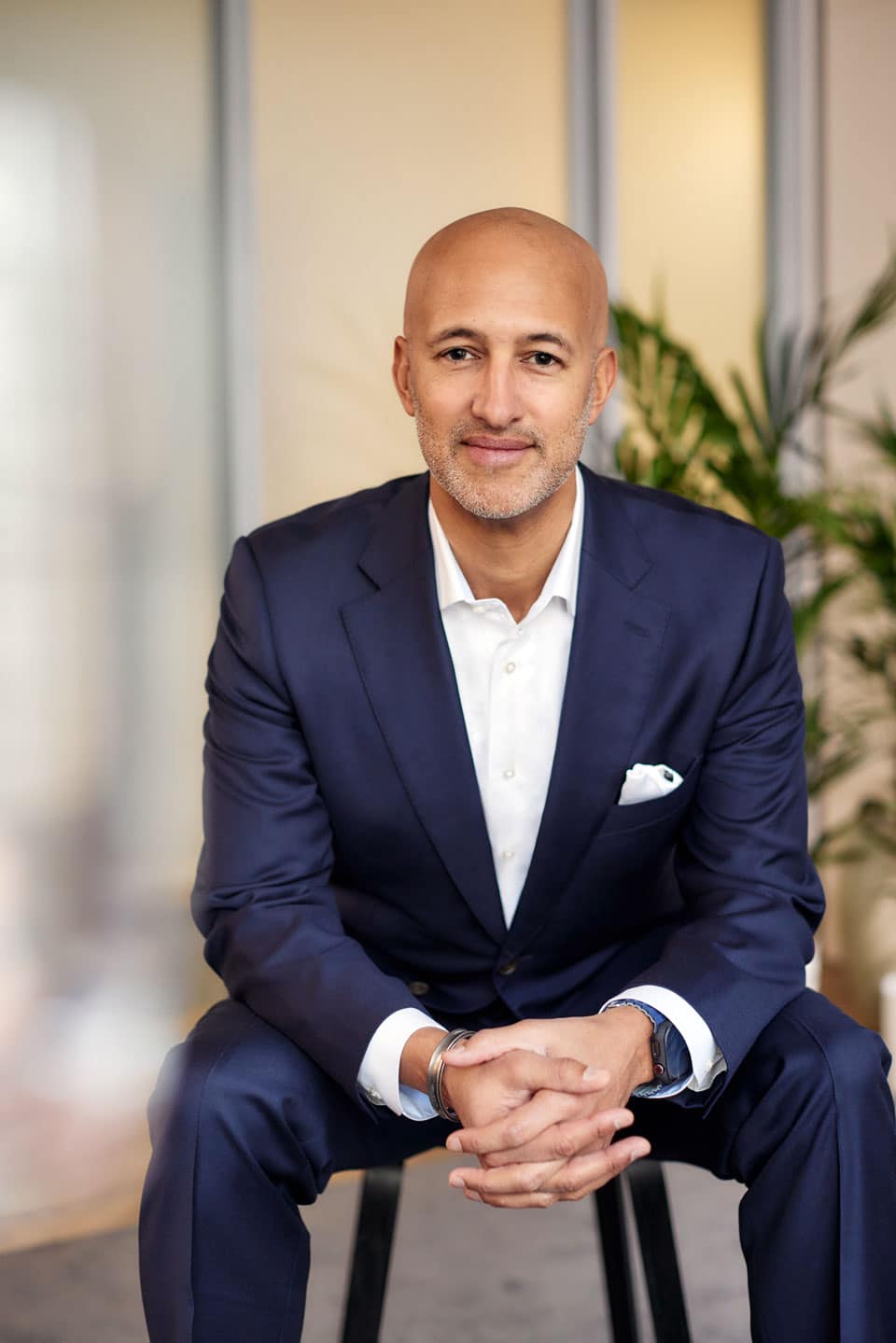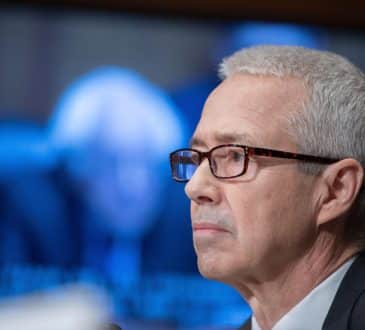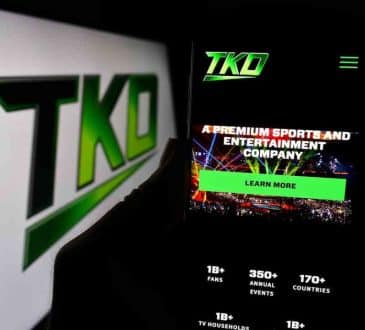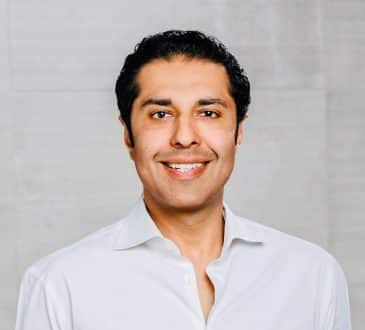Of all the things that CEOs can do, what is it that only they can or should do?

Becoming CEO is a significant change. It is a role, unlike another one where there is no real training ground to get ready. In fact, this comes as a shock for most CEOs, as much for those internally promoted as externally recruited, and for all the CEOs I interviewed for my upcoming book. Sanjiv Lamba, CEO of Linde PLC, who reflected, “I am the internal candidate, so I should have read the tea leaves,” he told me, with a smile. “But you can’t see it until you are there. It is just the reality of the role.”
One of these changes is around the factors and areas that a CEO focuses their time and attention. Ramon Laguarta described what he experienced in becoming CEO of PepsiCo, “It’s an optimization of variables that nobody has taught you before, and you have to do it with your own personality, with your own characteristics, so what that looks like is different for everyone”.
So what is that a CEO should do, and not do? What are the things that only they can do?
To answer this question I interviewed 35 CEOs who were 12-18 months into their roles. The top responses in order were:
- Culture
Setting and communicating the organizational culture. The majority of CEOs recognized that they must act as the ultimate culture carrier for their organization. Whilst there are many culture champions including the Senior Leadership Team, no one has as much of an impact on the organizations culture as the CEO. An organizations culture can be the driving force for and against a strategy, which was the common expectations going into the research would be the top response.While culture was the top response and first listed, the recognition of culture at the top of this list is reinforced when we break the CEOs into first-timers and experienced. With the benefit of ‘having done this before’, 100% of experienced CEOs listed culture first against 70% of first-time CEOs
- Strategy
Strategy firmly sits in the domain of the CEO, and is one of the areas that CEOs spend a disproportionate amount of time communicating about. However, it is not the first thing that comes to mind in this area, and when it does it is more about accountability for the strategy than the setting of the strategy. Many recognized the formulation of strategy was best run as a collective endeavor, but the CEO must own the development and results of the strategy.The aspect of the strategic process that the CEO does own through is the vision. Many were quick to make this distinction. The CEO needs to have the vision for the organization, where it is going and what it will look like in the future. The entire organization folds in under this vision and all aspects are designed to help achieve it. The CEO must own the vision and be expert at communicating it on repeat.
- Talent accountability
This is one area that also features under things that surprised CEOs as they assumed the role. Many, having worked at the c-suite level had assumed that the primary responsibility would fall on the CHRO, but when they stepped into the role they realized that they were responsible for overall talent management and development. For many this required a shift in thinking and time spent to increase their understanding of the talent and best practices in talent management. This response does not undervalue the CHRO, in the same way the realization that the CEO is ultimately responsible for the finances does not undervalue the CFO. What it did do was change the discussion between the CEO and the CHRO and push a greater partnership approach. - Resource allocation
Of the two main levers CEOs have for leading their organizations, the first is the Senior Leadership Team and the second is how they allocate resources. The challenge for all CEOs is finding the right balance between in investing in the now and investing in the future. Allocating enough resource to the present operations while still allocating the right amount to ensure that the business is sustainable in the long term. These significant opportunity cost decisions are amongst those that only the CEO can make. - Dealing with the Chair/Board
An obvious addition to the list is the CEO’s role in managing the board. Senior Leadership Team members will often have interactions and may attend some or all board meetings, but it is only the CEO who can really manage the board activities. Around 1 in 3 of the CEOs mentioned managing the chair and board as element of their role that they cannot delegate.
In my book, The New CEO, I argue that the CEO does not manage the board, the board manages the CEO. This is true so the context here of the term ‘manage’ is less around the management of the board but being the key point of contact for the board, being the person in the organization who bears the burden of the board’s impact.
This factor is another that featured under what surprised CEOs, the amount of time required to deal with the board was higher than expected for 45% of the CEOs interviewed. The average percentage of time CEOs in the study spent on the board and board related activities in their first year was 25%. This is an important consideration when CEOs are planning their transition.
Being CEO is a great honor. Becoming CEO will be the toughest leadership transition of your career. No one is truly ready for the role, it is something you need to experience to appreciate. Getting clear early on where and how you focus your attention, give your precious time and energy, will be important to your long term success, and the success of your organization. So, work out early what are the things that only you can, and should, do.
Written by Ty Wiggins.
Have you read?
These US cities have households earning more than $90,000.
The 30 Best Real Estate Markets in America for 2024.
These Are the Weapons the US Sold to Taiwan.
These Are The Cheapest Places To Buy a Home in Every State, 2024.
Hollywood A-Listers Unforeseen Box Office Flops.
Add CEOWORLD magazine to your Google News feed.
Follow CEOWORLD magazine headlines on: Google News, LinkedIn, Twitter, and Facebook.
This report/news/ranking/statistics has been prepared only for general guidance on matters of interest and does not constitute professional advice. You should not act upon the information contained in this publication without obtaining specific professional advice. No representation or warranty (express or implied) is given as to the accuracy or completeness of the information contained in this publication, and, to the extent permitted by law, CEOWORLD magazine does not accept or assume any liability, responsibility or duty of care for any consequences of you or anyone else acting, or refraining to act, in reliance on the information contained in this publication or for any decision based on it.
Copyright 2024 The CEOWORLD magazine. All rights reserved. This material (and any extract from it) must not be copied, redistributed or placed on any website, without CEOWORLD magazine' prior written consent. For media queries, please contact: info@ceoworld.biz
SUBSCRIBE NEWSLETTER








